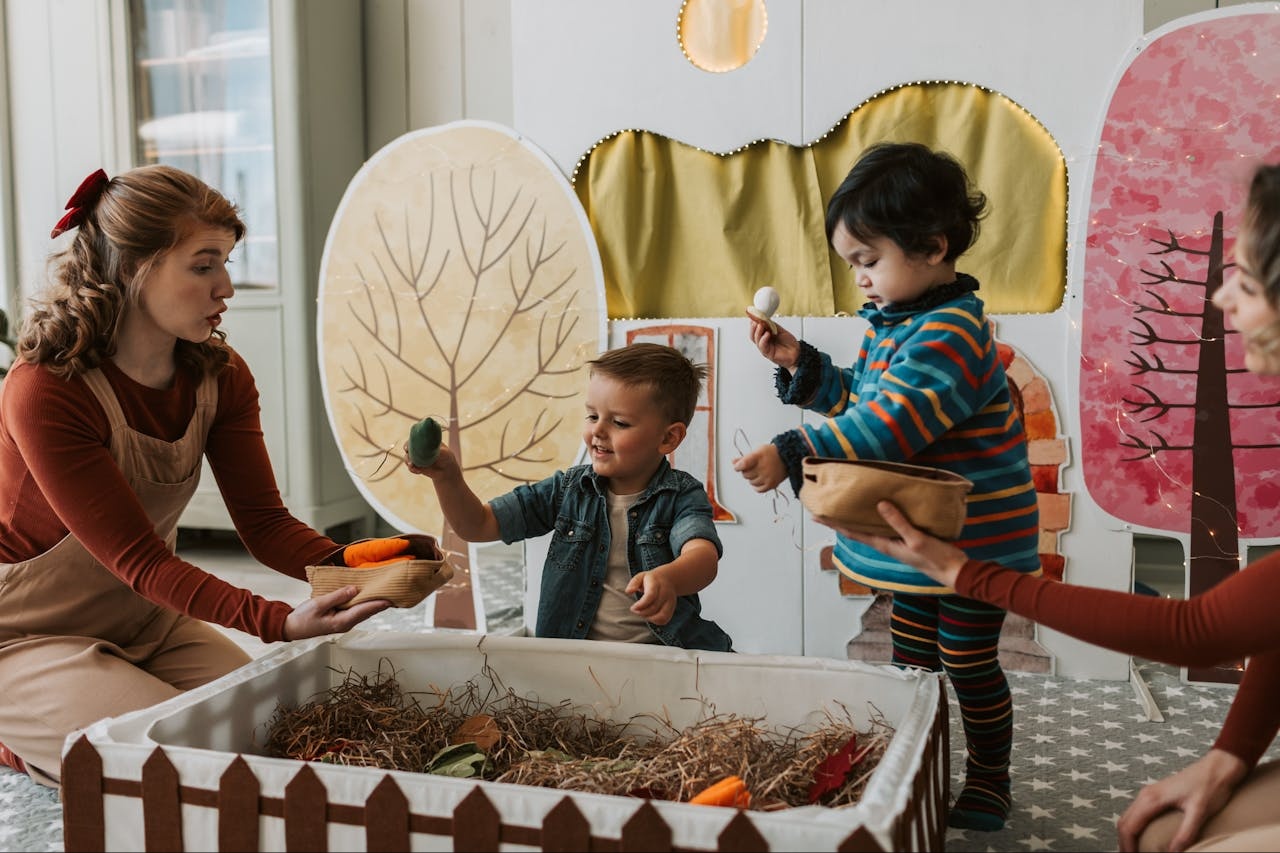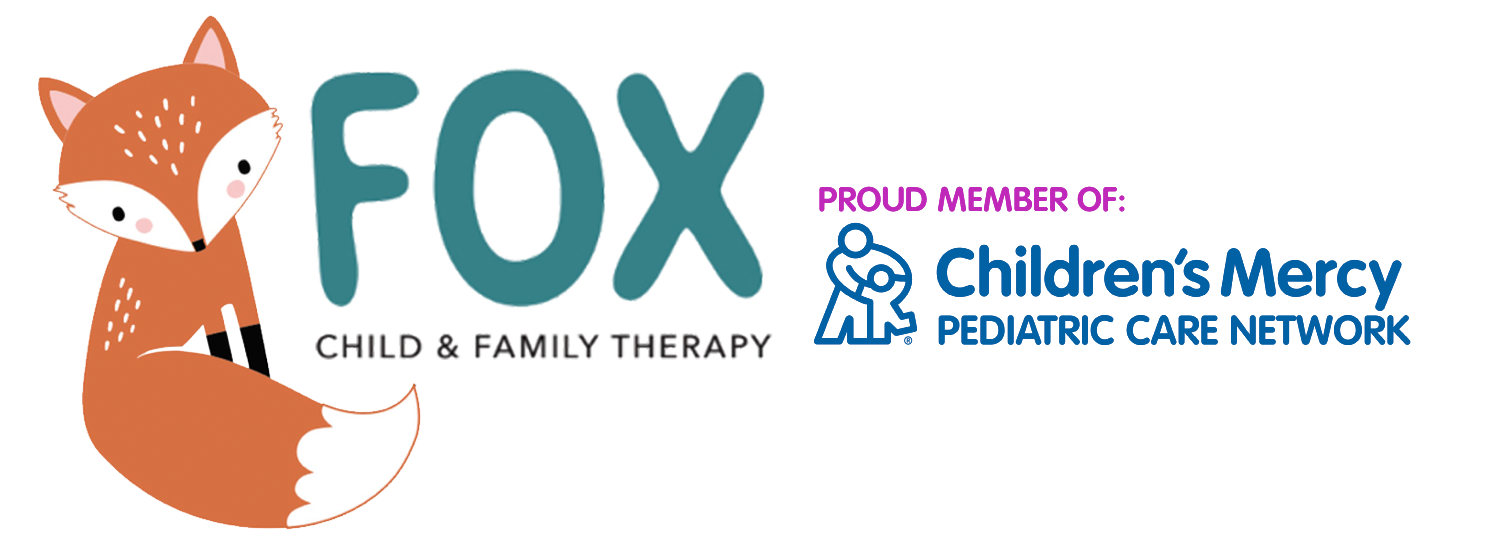What Is Play Therapy?

Play therapy is a powerful, child-centered approach to helping young people navigate emotional, social, and behavioral challenges. Primarily designed for children aged 3 to 11, it creates a safe, supportive space where kids can express themselves not through words, but through play—something that comes naturally to them. Imagine a playroom filled with carefully chosen toys and minimal rules, allowing for free-flowing, spontaneous expression.
Here, the therapist isn’t just an observer but an active participant, skilled in child psychology, engaging the child in meaningful ways. They might ask questions about a toy’s “adventure,” revealing hidden emotions or worries. It’s through this trusting relationship that real therapeutic progress is made, as kids navigate their emotions in a playful context.
When is Play Therapy Used?
At first glance, play therapy might seem like “just play,” but it’s a powerful tool for understanding children’s emotions and thoughts. Through play, kids express feelings they might not yet have the words for, allowing a window into their inner world.
When It’s Beneficial
Play therapy is particularly beneficial for children experiencing significant life changes or distress. Whether it’s dealing with the loss of a loved one, parental divorce, or adjusting to serious medical treatments, play therapy provides a comforting space for healing. It’s also used to support children who have encountered trauma, such as abuse or bullying, offering a non-verbal avenue to process complex feelings.
Emotional and Behavioral Support
For children grappling with persistent sadness, anxiety, or anger, play therapy serves as a safe and confidential outlet to explore and resolve their emotions. It helps them discover healthier ways to think and behave, ultimately promoting resilience and adaptability in the face of life’s challenges.
How Does Play Therapy Work?
Imagine a world where words aren’t the primary way to communicate. For children, play is that world. It’s their natural language, through which they express thoughts and emotions they might not articulate otherwise.
Unveiling the Inner World
The objects a child gravitates towards and how they engage with them reveal critical insights into their developmental stage and emotional landscape. For instance, a child might use a magic wand to make wishes, subtly hinting at their desires or fears. Alternatively, a child could narrate family stories with puppets, providing a window into their social connections and personal challenges.
Guided Exploration
Sometimes, the therapist takes a more interactive role. By joining the play, they help the child navigate overwhelming scenarios, like reenacting a first day at school. During play therapy, children have the chance to engage in role-playing, where they might be asked to imagine and act out various scenarios. This imaginative process allows them to explore different solutions and outcomes, empowering them to direct how each story unfolds.
Child-Led Exploration
A unique aspect of play therapy is that it is child-directed. This autonomy encourages children to express themselves freely, promoting self-discovery and self-mastery. By allowing children to lead the way, therapists communicate unconditional acceptance, helping kids learn new behaviors in a supportive environment. This freedom can be transformative, offering a sense of control and a boost to their learning journey.
Finding the Right Play Therapist for Your Child
A play therapist has specialized training in play therapy techniques. This means they understand how to use play as a therapeutic tool to help your child express thoughts and feelings. Experience matters, so look for a therapist who has worked with cases similar to your child’s.
A good fit ensures you communicate clearly and feel comfortable. Consider asking potential therapists questions like:
- How often have you handled issues like my child’s?
- What does a typical treatment plan look like?
- How will you track progress and determine success?
- These questions can help you determine if play therapy is the right path for your child’s needs.
Whether your little one is grappling with anxiety, behavioral challenges, or just needs a healthy outlet, play therapy offers a safe space to express and explore. Reach out to book our play therapy services today to learn more.

